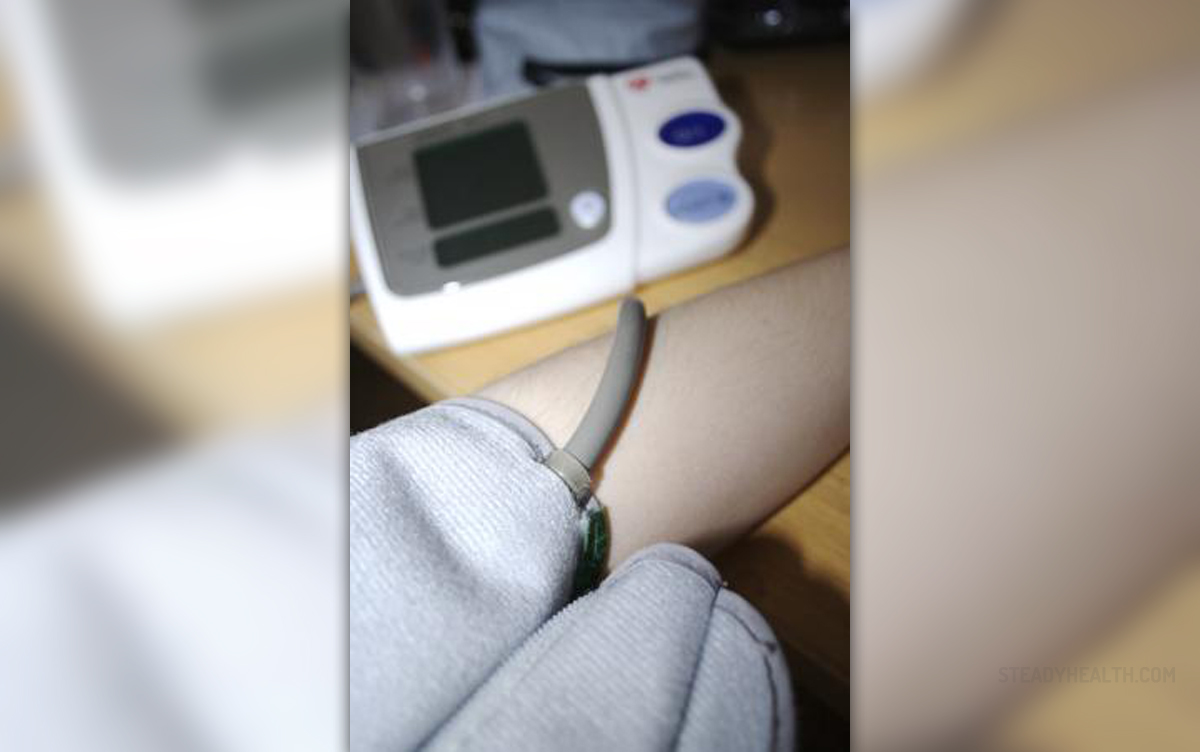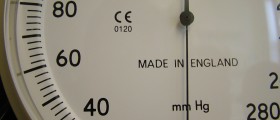
High blood pressure and medications
High blood pressure, in the medicine circles known as hypertension, is a quite serious condition caused by excessive pressure of the blood upon the blood vessels. This condition may lead to serious health problems and therefore, it should be controlled. Every person should measure the blood pressure at least once a year and once the readings show that it is higher than normal, from that moment, it should be regularly checked up and controlled by certain medicines prescribed by a doctor.
The medicines prescribed for treating hypertension are called antihypertensive medicines. There are various types of these medicines, they act differently when it comes to lowering the blood pressure, and they are prescribed according to the age and patient’s general health, as well as depending on the level of increase of the blood pressure. In most cases, a patient is given two or more types of medicines designed for lowering the blood pressure.
Side effects of diuretics and beta blockers
Diuretics are medicines prescribed in the initial stages of hypertension and they act on lowering the blood pressure by lowering the levels of sodium and water. The most common adverse effects of diuretics are dryness of the mouth, frequent urge for urination and dehydration, as well as low potassium levels.
The blood pressure can also be decreased by beta blockers which block the beta receptor and reduce the heart rate. Insomnia, depression, impotency in men and heart failure are some of serious side effects of this type of hypertension medications.
Side effects of angiotensin-converting enzyme inhibitors – ACE
This type of the hypertension medicines decreases the blood pressure by preventing the production of the chemicals that constrict the blood vessels. The most frequent side effects of these medicines are chronic non-productive cough and swollen face and lips. Kidney failure may also occur due to extreme rise in potassium levels.
Side effects of calcium channel blockers – CCB
These medicines lower the blood pressure by preventing calcium from entering the heart cells, which makes the heart contract weaker. Nausea, lightheadedness, constipation, headaches and swollen ankles are some of the potential adverse effects of CCBs.
Side effects of alpha blockers and angiotensin II receptor blockers – ARB
Alpha blockers lower blood pressure by keeping blood vessels open for easy blood flow. Headache, vertigo, nausea and tiredness are most usual side effects of alpha blockers. When the ACEs cause serious side effects, ARBs are prescribed as the replacement, since they act in a similar way. Possible adverse effects of ARBs are rare and may include only occasional dizziness.

















Your thoughts on this
Loading...